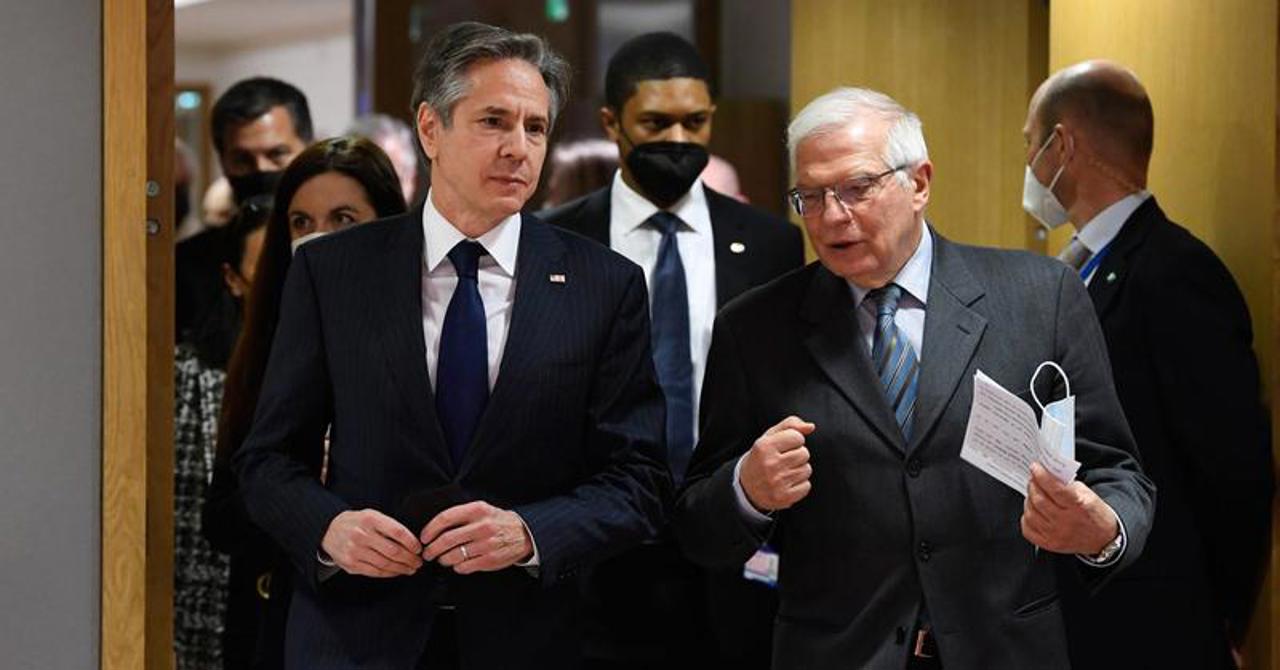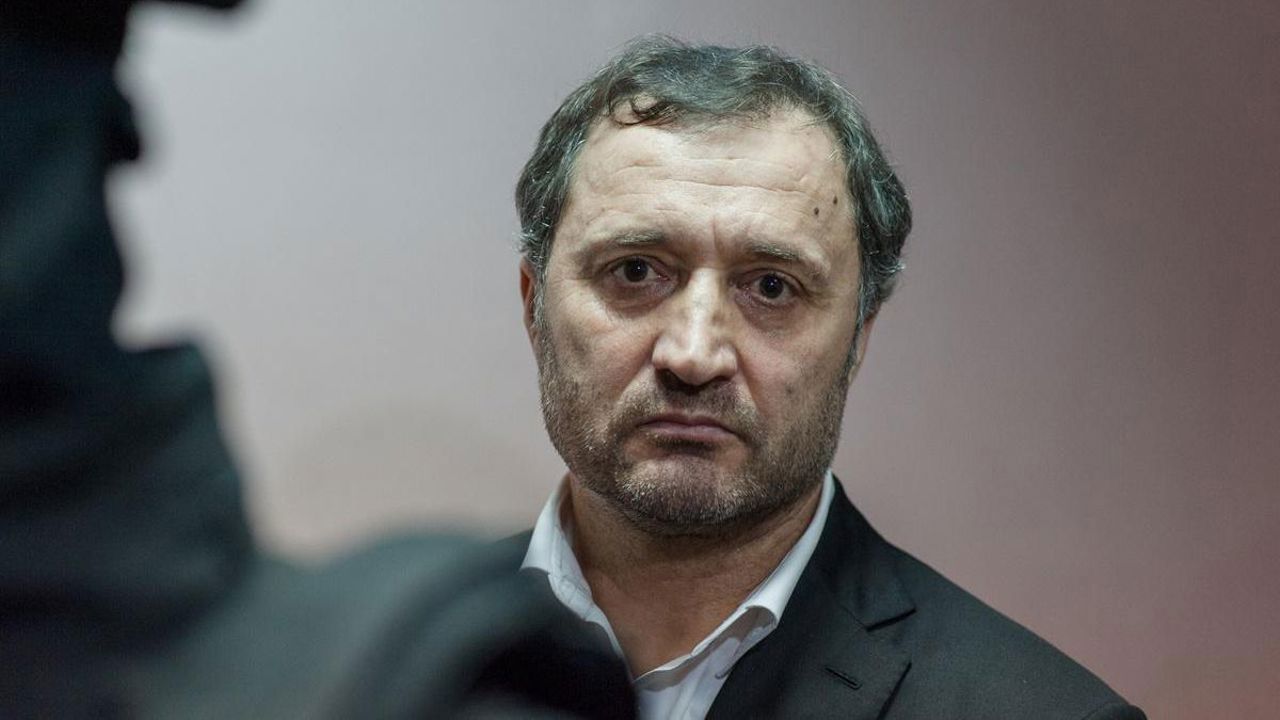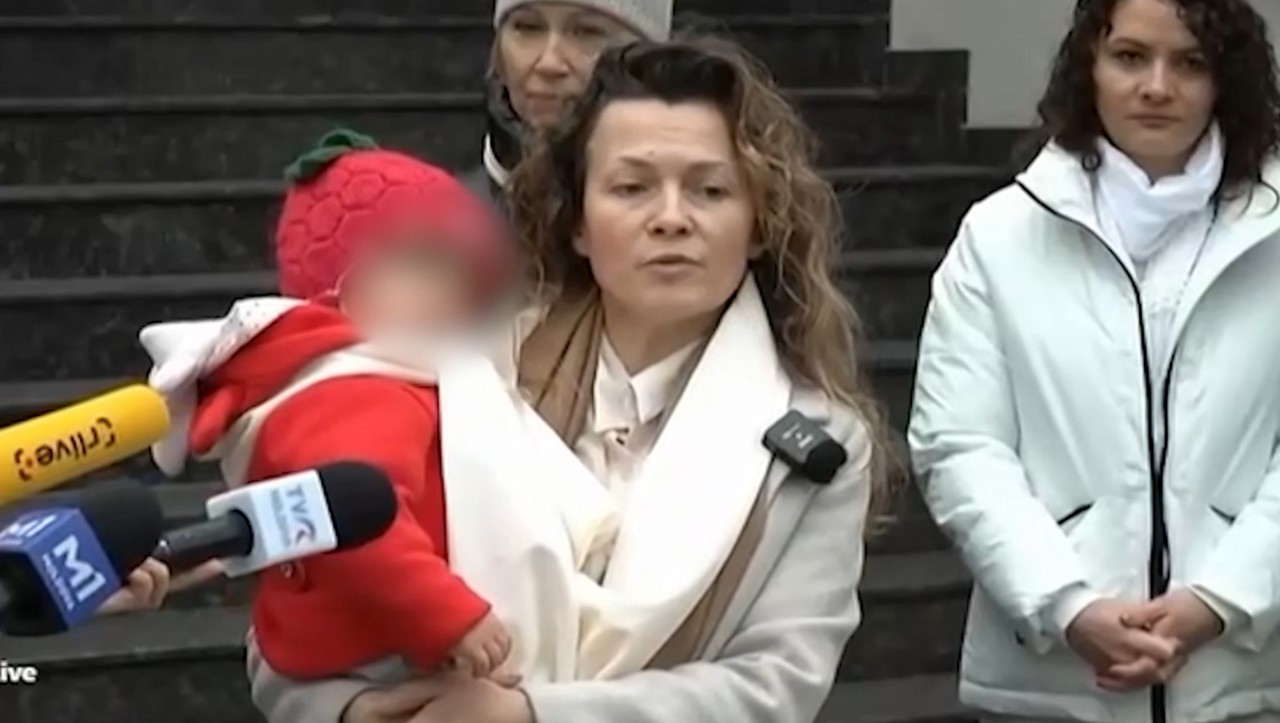Moldova's energy security - a priority for the EU and the US. Borrell and Blinken pledge financial assistance for green energy transition
Moldova's energy security is a priority for the European Union and the United States. But Ukraine is high on the West's agenda because Russia has destroyed nearly 50 percent of Ukraine's power system and controls the Zaporozhye nuclear power plant, which has become a blackmail tool. US Secretary of State Antony Blinken visited Brussels for the US-EU energy council meeting, where, according to the joint statement, Moldova will receive financial assistance for full integration into the European energy system and transition to green energy.

"Focusing on those most affected by Russia's war: last June, the European Union offered candidate country status to Ukraine and the Republic of Moldova. Looking ahead, we want to support Ukraine in rebuilding green energy systems. The transition to green energy and energy security for our immediate neighbours - Ukraine, the Republic of Moldova and the Western Balkans - are key priorities for us," said Josep Borrell, head of the EU foreign service.
Ukraine has received from the United States, the European Union and the G7 group of countries more than four thousand generators, over a thousand transformers, parts and equipment, cables, automatic circuit breakers for repair work on the power grid that was targeted by Russian bombing during the cold season. Attacks on Ukrainian infrastructure caused massive power cuts in the Republic of Moldova.
"President Putin has gambled that his energy blackmail will discourage Europe and the international community from standing up against aggression in Ukraine. He was wrong. He has doubled down and stopped gas supplies to many European countries or cut them sharply, forcing record high prices in Europe and around the world. It tried to wipe out Ukraine's energy infrastructure, destroying 50% of the Ukrainian grid, leaving millions without electricity and heat. Again, it has failed. Ukraine has not given in and stands firm. Europe has not given in and stands firm. The whole world is reducing its energy dependence on Russia," said Antony Blinken, US Secretary of State.
European Union countries cut gas consumption last year by 19%, switching to reliable suppliers. Imports of liquefied gas from the United States rose sharply by more than 50 billion cubic metres last year.
"Imports of US liquefied gas doubled last year. I believe this is not just a temporary situation, but marks a structural change in the European energy concept and trade orientation. I believe that the priority this year must be to work together to ensure the energy security of Ukraine and the European Union's neighbours," said Kadri Simson, EU Energy Commissioner.
The Republic of Moldova was accepted into the European electricity grid last year, but so far has no direct interconnection with Romania. Emergency imports in the event of electricity shortages have been made through the Cuciurgan energy node on the left bank of the Dniester. The Vulcanesti-Chisinau line, which takes the Transnistrian region out of the equation, should be ready within two years. And the Balti-Suceava connection is still at project level. However, there are two gas interconnections: at Ungheni and in the south, via the Trans-Balkan corridor.




